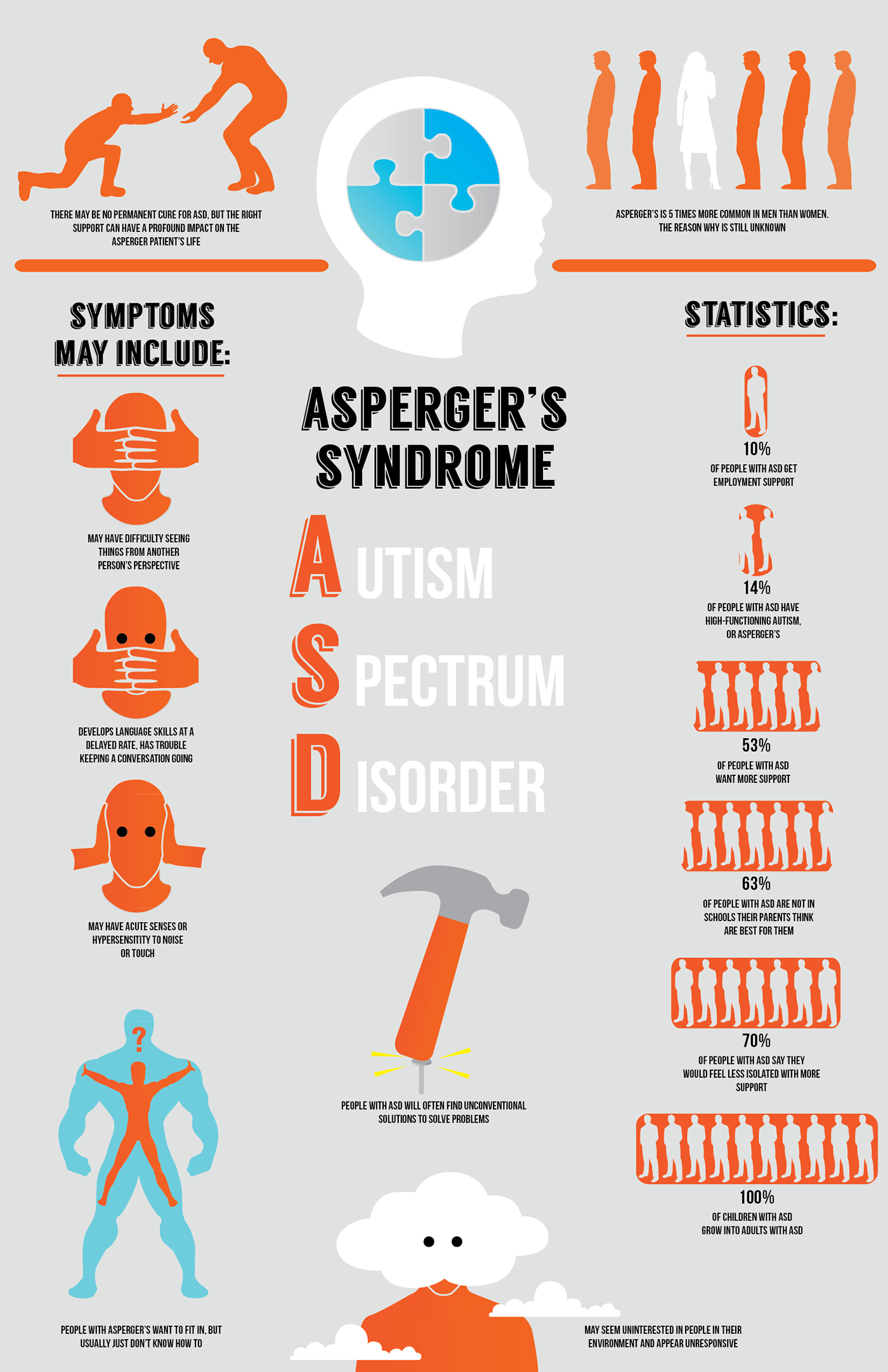Understanding Autism Range Condition Actions And Support


- Understanding trouble behavior triggers in your child's outside setting, meaning beyond themselves, is critical.Understanding these interaction difficulties can give a better understanding into the behavior attributes of a kid with autism.Problems like ADHD, stress and anxiety, and anxiety are common amongst people with autism.
By twelve month old, the majority of kids will certainly look up or respond when someone calls them by name. These children might additionally appear not to hear their parents or other people, or they might have a hard time to understand or follow basic commands or guidelines. Early intensive behavior intervention (EIBI) for children with autism range conditions (ASD). Autism Spectrum Problem (ASD) is a neurodevelopmental problem that influences how individuals view the world, communicate with others, and procedure info. It's not a one-size-fits-all diagnosis; instead, it's a range of experiences as differed as the individuals themselves. Envision a kaleidoscope of habits, each pattern one-of-a-kind and lovely in its own right.
Leading Autistic Children And Teenagers Towards Positive Practices
Instances of team topics consist of opposite defiant disorder, parents of youngsters with ADHD, and pyromania. Dr. Casey Clay, supervisor of the Habits Program at the Thompson Autism and Neurodevelopmental Facility at CHOC, discusses five of the most typical misunderstandings about autism and habits. You'll learn healthy and balanced autism habits intervention techniques for tough habits. Comprehending these sensory sensitivities in autism is vital, as they can impact different facets of a child's life, including their experiences at home, college, and social setups.
Recognizing Autistic Habits In Various Age Groups
Ongoing extensive research studies continue to identify physiological distinctions between young people with and without ASD and their scientific effects for physical and emotional health. People with autism typically experience numerous behavioral difficulties that manifest in unique methods. Stimming refers to recurring activities such as shaking, leaping, or hand-flapping that can assist people self-soothe or emphasis. On the other hand, meltdowns are extreme reactions characterized by a full loss of control, often set off when the person feels overloaded or incapable to cope with sensory input.
Thus, understanding the sensory habits in autism is a necessary primary step in the direction of supplying suitable support and intervention. If you're supporting a private with autism, remember that managing tough habits in autistic youngsters or adults isn't about changing that they are, however concerning finding strategies that work for them. This may entail attending to underlying sensory requirements, providing clear communication, or adjusting settings to minimize anxiety and stress and anxiety.